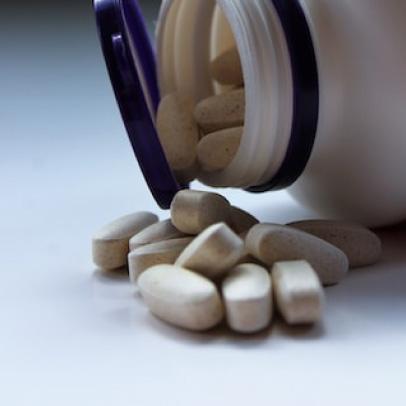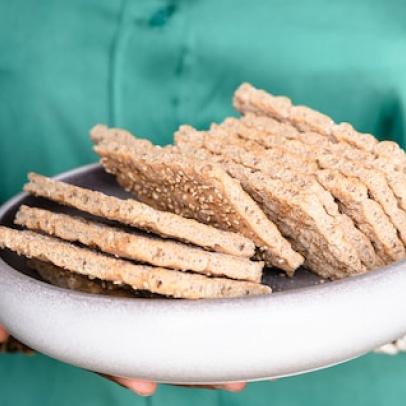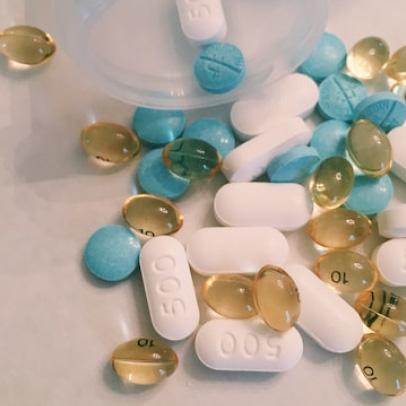- By: Green_admin
- March 23, 2021
Cinnamon For Diabetics
Can Cinnamon lower blood sugar?
Twenty-six percent of the Pakistani population is suffering from diabetes, according to National Survey 2016-17 on diabetes. If poorly controlled, it can lead to complications like heart disease, kidney disease, and nerve damage. Eating certain foods while limiting others can help people with diabetes. One such example is cinnamon, a commonly used spice that’s added to sweet and savory dishes around the world. This article will give brief knowledge about cinnamon and its effects on blood sugar control and diabetes.
What is Cinnamon?
Cinnamon has been used for centuries in traditional medicine. It has been used in Ayurvedic medicine to treat respiratory and digestive problems .Today, we typically encounter two types of commercial cinnamon: Ceylon and cassia cinnamon.
Cassia cinnamon is produced in Indonesia, China and Vietnam and has the stronger smell and flavor of the two varieties. This cheaper variety is what we usually buy in our local super market or grocery store.
The more expensive Ceylon cinnamon, most of which is still produced in Sri Lanka, has a milder, sweeter flavor popular for both baking and flavoring hot drinks such as coffee or hot chocolate.
What does the research say?
Cinnamon is well-known for its anti-diabetic effects. It can help block the activity of several digestive enzymes to slow the absorption of sugar in the bloodstream after a high-carb meal. For this reason, many studies have shown that people with type 2 diabetes can experience significant positive effects on blood sugar markers by supplementing with cinnamon extract.
Usually in diabetes your blood sugar levels can rise pretty dramatically after you eat. Cinnamon can lower these blood sugar spikes after meals. Some researchers say it does this by slowing down the rate at which food empties out of your stomach. Other studies suggest that it may lower blood sugar following meals by blocking digestive enzymes that break down carbs in the small intestine.
It also contains large amounts of antioxidants which reduce oxidative stress, a type of damage to cells, which is caused by free radicals during diabetes. Cinnamon can lower blood sugar by acting like insulin and increasing insulin’s ability to move blood sugar into cells.
Many studies have shown that cinnamon has the ability to lower blood sugar and help manage common diabetes complications, among other health benefits.
Who Should be cautious with cinnamon?
People with diabetes who take medications or insulin should be careful when adding cinnamon to their daily routine. While eating a bit of cinnamon may help lower your blood sugar, eating too much may cause it to fall too low. This is called hypoglycemia, and it can lead to tiredness, dizziness and possibly fainting.










Leave a comment